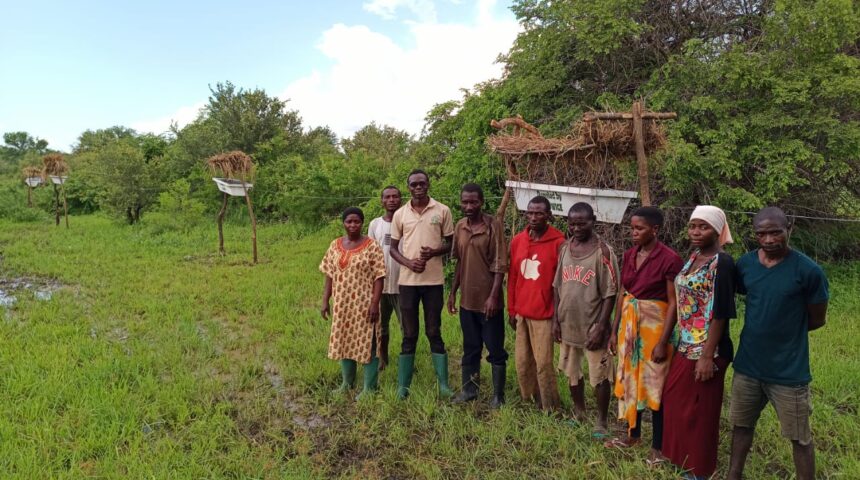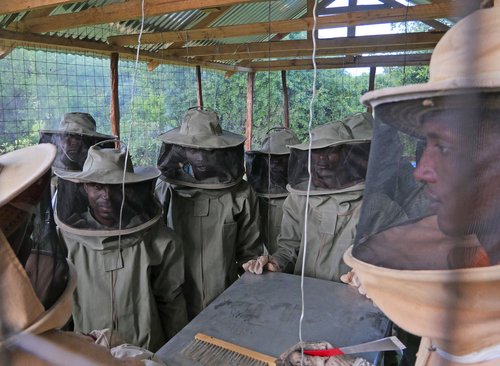Beekeeping Training and Education
Beekeeping in Tanzania has evolved into a significant economic and ecological venture, with beekeepers playing a crucial role in pollination and honey production. To ensure the success and sustainability of this vital industry, various organizations in Tanzania have stepped up to offer comprehensive beekeeping training and educational programs. These initiatives empower beekeepers with the knowledge and skills needed to excel in hive management, honey production, and sustainable beekeeping practices. This article explores the importance of beekeeping training and education in Tanzania and its positive impact on both beekeepers and the environment.
The Significance of Beekeeping Training
Beekeeping, like any other agricultural pursuit, requires specialized knowledge and techniques to yield the best results. Proper training equips beekeepers with the expertise needed to navigate the complexities of hive management, ensure the health of bee colonies, and maximize honey production.
- Hive Management: Effective hive management is a cornerstone of successful beekeeping. Beekeeping training programs offer beekeepers insights into best practices for hive inspection, disease detection, and colony maintenance. Armed with this knowledge, beekeepers can proactively address issues and create a conducive environment for their bees to flourish.

- Honey Production Techniques: The process of harvesting honey requires careful handling to preserve its quality and flavor. Beekeeping training programs educate participants on the proper methods of honey extraction, processing, and storage. This ensures that the final product meets market standards while respecting the hard work of the bees.

Promoting Sustainable Beekeeping Practices
Beekeeping training and education emphasize the importance of sustainable practices that benefit both the beekeepers and the environment.
- Environmental Conservation: Beekeepers are educated on the significance of preserving natural habitats and forage areas for bees. By understanding the role bees play in pollination, beekeepers become advocates for environmental conservation, promoting the health of not only their own colonies but also the broader ecosystem.

- Empowering Local Communities: Beekeeping training programs foster economic empowerment within local communities. As beekeepers acquire valuable skills, they generate income through honey sales and bee-related products, uplifting their families and contributing to the community’s overall prosperity.
:max_bytes(150000):strip_icc():format(webp)/jar-of-honey-getty-0322-2000-71d6d1661daf4cb5876b834bd2fd3a28.jpg)
Conclusion
Beekeeping training and education play a pivotal role in elevating the beekeeping industry in Tanzania. By providing beekeepers with essential knowledge and skills, these programs empower them to become competent stewards of their bee colonies. Through sustainable beekeeping practices and a deeper understanding of the bees’ vital role in the environment, beekeepers become champions of biodiversity and environmental conservation. As Tanzania’s beekeeping community continues to grow and thrive, the nation reaps the sweet rewards of a thriving industry that benefits both people and nature.

